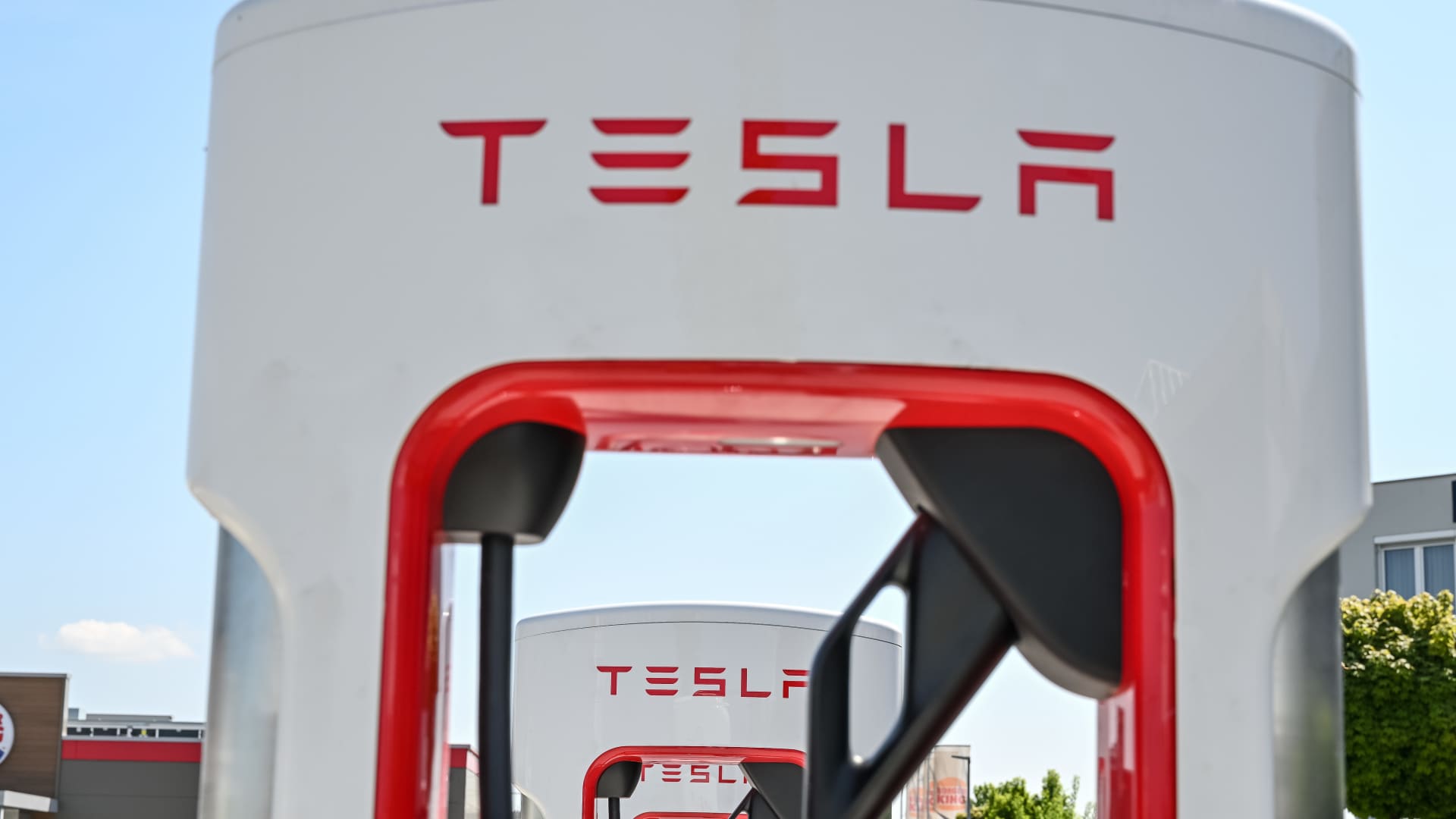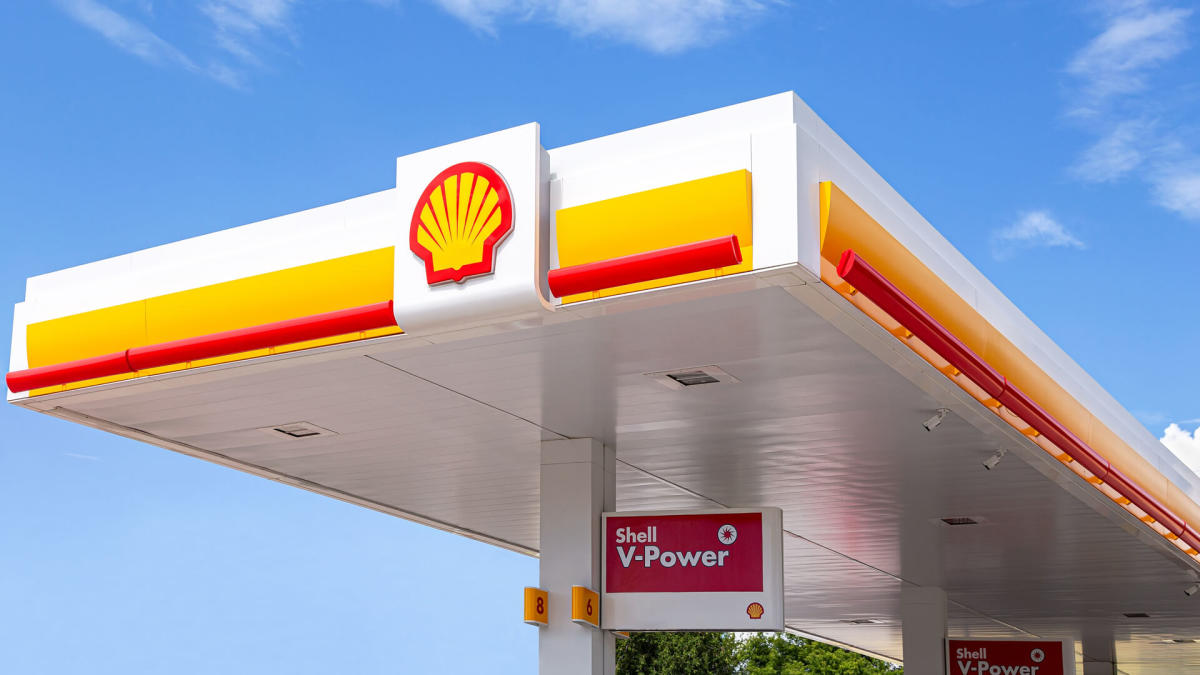U.S. states are facing a myriad of hurdles as they experiment with programs to eventually replace the motor fuel taxes that have paid for roads for more than a century

abcnews.go.com
As fuel taxes plummet, states weigh charging by the mile instead of the tank
COLUMBUS, Ohio -- Evan Burroughs has spent eight years touting the virtues of an Oregon pilot program charging motorists by the distance their vehicle travels rather than the gas it guzzles, yet his own mother still hasn't bought in.
Margaret Burroughs, 85, said she has no intention of inserting a tracking device on her Nissan Murano to record the miles she drives to get groceries or attend needlepoint meetings. She figures it's far less hassle to just pay at the pump, as Americans have done for more than a century.
“It’s probably a good thing, but on top of everybody else’s stress today, it’s just one more thing,” she said of Oregon's first-in-the-nation initiative, which is run by the state
transportation department where her son serves as a survey analyst.
Burroughs’ reluctance exemplifies the myriad hurdles U.S. states face as they experiment with road usage charging programs aimed at one day replacing motor fuel
taxes, which are generating less each year, in part due to fuel efficiency and the rise of electric cars.
The federal government is about to pilot its own such program, funded by $125 million from the infrastructure measure President Biden signed in November 2021.
So far, only three states — Oregon, Utah and Virginia — are generating revenue from road usage charges, despite the looming threat of an ever-widening gap between states’ gas tax proceeds and their transportation budgets.
Hawaii will soon become the fourth. Without action, the gap could reach $67 billion by 2050 due to fuel efficiency alone, Boston-based CDM Smith estimates.






